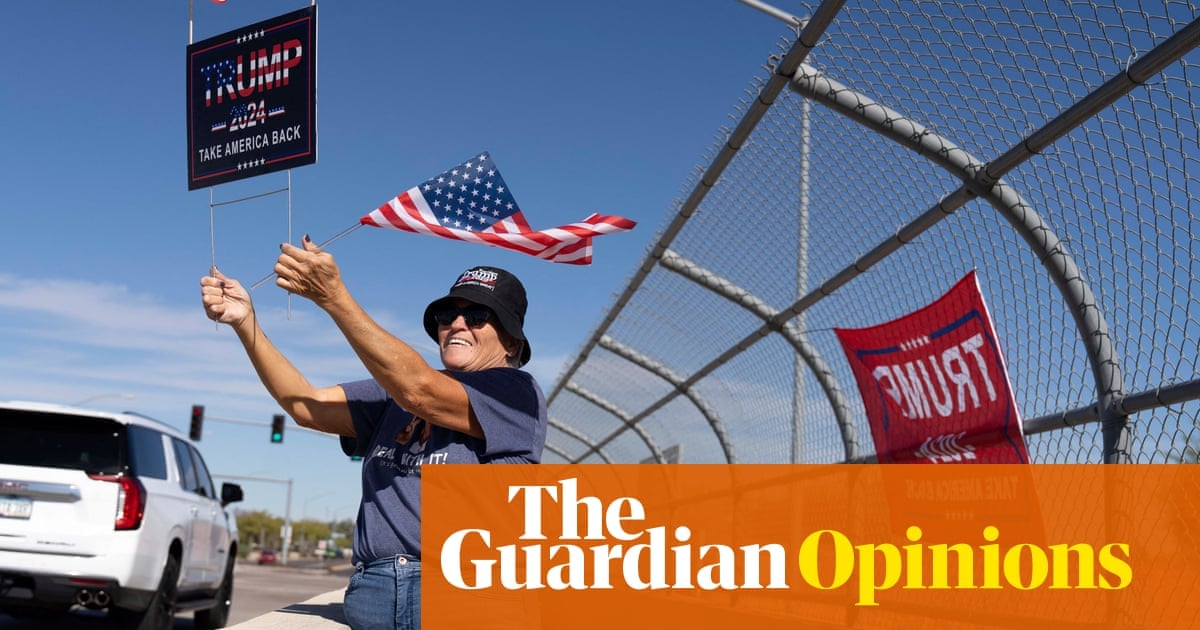Summary
Far-right leaders are gaining globally, with Trump’s victory in the US presidential election echoing trends in Hungary, India, and other countries.
Donald Trump’s 2024 victory marks a historic first where he won the U.S. popular vote, supported by diverse groups including young, Black, and Latino voters, as well as the working class—a reversal from previous elections.
This win aligns with global far-right gains, reflecting voter frustration with economic hardships and liberal policies.
Analysts argue that the far right’s appeal lies in its “politics of existential revenge,” which vilifies minority groups and offers imaginary disasters as scapegoats.



I’m just starting to think humans crave conflict. The larger the population and the more interconnected it gets the more we need larger scale chaos. I’m worried the only solution is to satiate that desire through global war. It’s so depressing to think about.
I think it has to do with our ability to manage large societies. People evolved in small groups and now we are trying to manage hundreds of millions of people under the same systems. Humans are not inherently good at abstract thinking and critical thinking skills are taught not hard wired.
So we have hundreds of millions of people all living in the same capitalist neo-liberal economic system, but that might not work for all of them. Well we just let those people wander around forming tent cities. All because our culture says if you are poor or homeless then you failed, not that the system failed the individual.
I’m not an expert on small human societies, but from my understanding homeless starving people wouldn’t be tolerated in a community of like 150 or so.